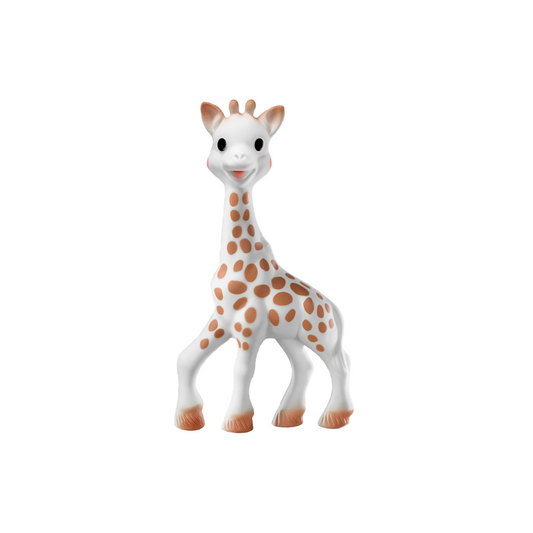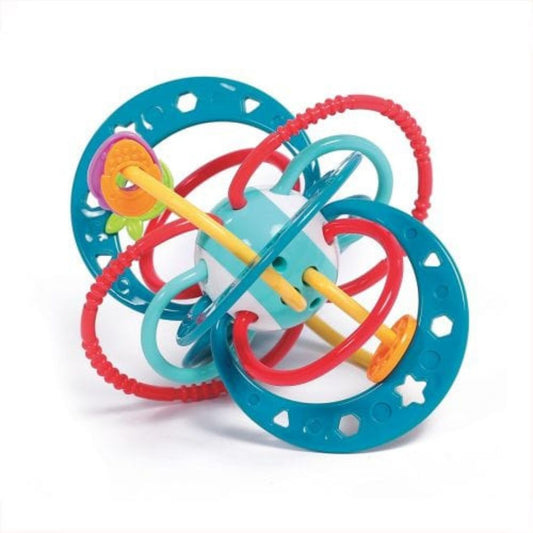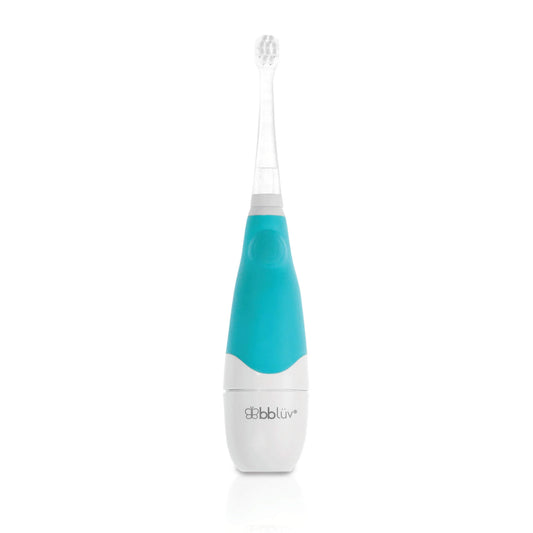Tips to help your baby during teething
Many parents attribute poor sleep to the appearance of their little ones' first teeth. That's why we spoke with Pediatric Dentist Dr. Francisca Cardemil to learn more about teething, understand how this stage affects babies' sleep, and give you practical advice to help your little one during teething.
What is normal and what is not during teething?
The first teeth usually erupt between 6 and 8 months of age, but not all children are the same, and they may come out earlier or later. It is quite common for the first teeth to come out to be the lower central incisors (the lower ones), although in some children they erupt in a different order and there is no problem.
It is normal and to be expected that as teeth erupt, children:
- They will be more irritable and cry more because they will feel discomfort.
- They are less appetizing , that is, they feel less desire to eat.
- Drooling more than before . Babies start to salivate around 3 months, when their salivary glands develop. Although drooling can be a symptom of a tooth coming out, it doesn't necessarily mean that a tooth is about to come out.
- Have more night awakenings .
- Have swollen gums and a little redder than usual.
- Have a slight increase in temperature .
It is not normal for them to present or have:
- Fever ( +38 degrees) or cough.
- Diarrhea or congestion.
- Ulcers such as canker sores in the mouth.
If your baby has any of these symptoms, it is important to take him to the Pediatrician immediately , as it could be a viral infection or another condition.
Tips for getting through your little one's teething
The best way to identify if your baby is about to get his first teeth is to look at his gums. You will notice that they are a little more swollen and you will see a small white spot peeking out.
While teething can be irritating and uncomfortable for your baby, the good news is that it usually lasts between 24 and 72 hours before the new tooth breaks through the gum. Once the tooth is out, there is no more pain. Here are some tips for coping with your little one's first teeth:
- You can make ice cream with breast milk or the milk your baby normally drinks and give it to them so that the cold will alleviate the discomfort.
- Offer food and cold water if complementary feeding has already started.
- Having good teethers is key! Choose a teether that has bright colors and shapes, as well as texture. Some have gel inside and are refrigerable. Make sure it is easy for little hands to hold and, above all, that it is BPA-free .
- Massage their gums (this can be done with a silicone thimble or teething rings).
- Topical anesthetics should NOT be used to relieve discomfort as they pose many risks to babies.
- DO NOT give any medication to your child unless your Pediatric Dentist tells you to.
- DO NOT use an amber necklace , as there is no scientific evidence that it relieves teething discomfort and there is a risk of suffocation in babies.
Sleep and teething
During the eruption of the first teeth, your baby may have difficulty taking naps or sleeping at night due to discomfort and uneasiness. Be patient and love them, as this only lasts a few days. Check out these tips to help you get through this stage:
- Maintain your baby's bedtime routine as usual. Babies who have a solid sleep routine and have established healthy sleep habits handle it much better.
- It's important for your baby to get all of his naps to avoid over-tiredness. Pay special attention to his sleeping windows and, if you're not already doing so, try darkening the room and using the white noise machine . Naps in mom's arms are also a great help at these times because it provides support.
- As teething begins, your baby may show a loss of appetite during the day, which can lead to nighttime awakenings due to hunger . Make sure you assist your baby during each of these awakenings. Give him extra milk before bed if you sense he is hungry. Remember to brush his teeth after milk.
- Be patient! Teething can be a difficult process for both of you, but it will only last a few days.
It is very important to take your baby to the Pediatric Dentist for the first time before he or she turns one year old and receive professional help. Also, remember that tooth brushing should begin when the first tooth appears to create a good oral hygiene routine.
Special thanks to Dr. Francisca Cardemil for talking to us and helping us learn more about the teething stage.
Share!






